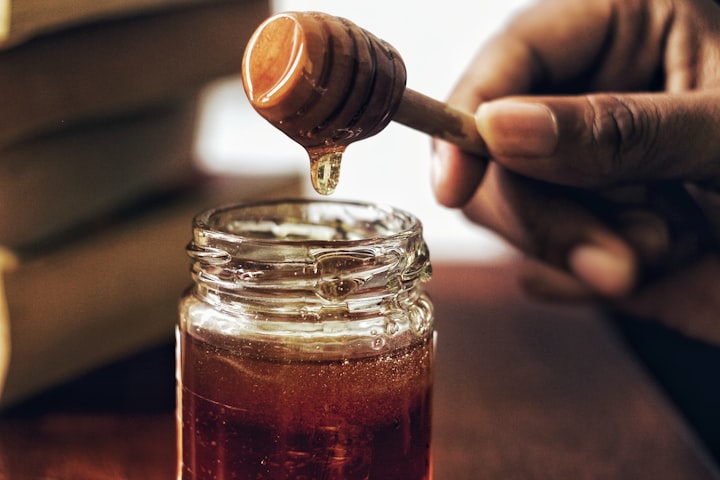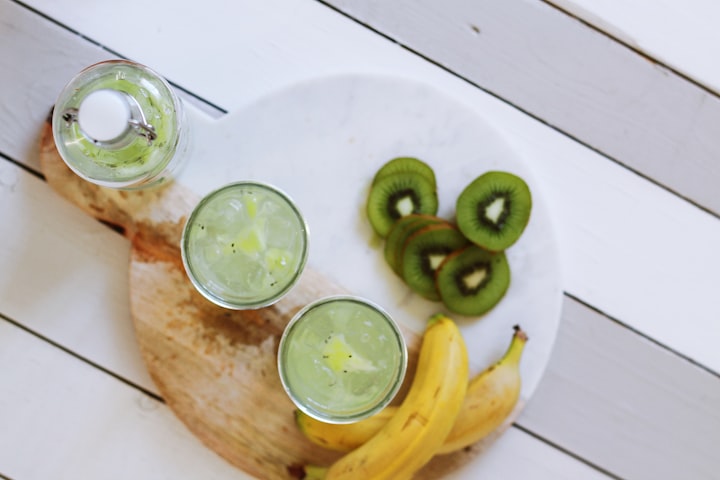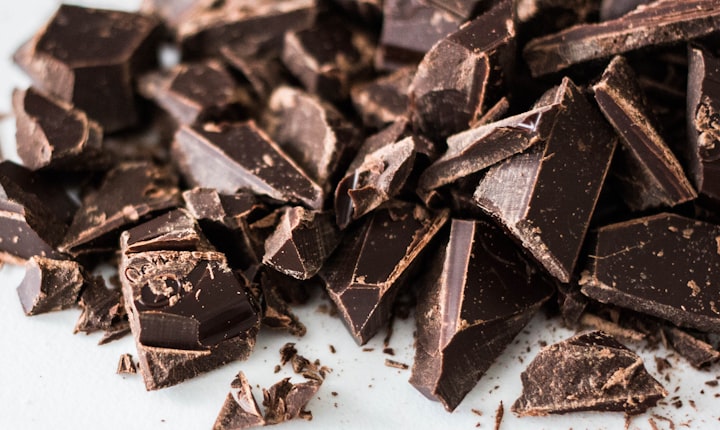Aphrodisiacs – Myth or Miracle? Facts You Will Want To Know
Since the beginning of time, humans, desiring to reach new heights of sexual pleasure, have sought out aphrodisiac substances to foster intimacy, increase sexual desire, and inspire fidelity, to enhance passion, promote endurance, and to increase fertility or virility.

Named after Aphrodite, the Greek goddess of love, aphrodisiacs may directly increase our desire to engage in sexual intercourse, stimulate strength and endurance in males and increase genital sensitivity and lubrication in women. Mother, seductress, and instigator of romantic liaisons, Aphrodite, the femme fatale of Mount Olympus, was known as Venus to the Romans, the Latin name for love or sexual desire.

Effects Of Aphrodisiacs
Some aphrodisiacs may have a pleasant direct effect on the erogenous zones; others are diuretic or may irritate or stimulate, causing one to experience increased sensation. Other aphrodisiacs present psychological and mind/body interactions, causing increased relaxation, reduced inhibitions, and prolonging lovemaking.
Long hailed as being of great benefit in treating sexual dysfunction and enhancing both male and female libido, aphrodisiacs are based more on cultural myths than fact, yet their tantalizing allure continues. Some people believe aphrodisiacs make you more desirable to others or make you desire others more; whether that is true or not, it is certainly intriguing. Some people claim aphrodisiacs increase pleasure during sexual encounters, ignite passion, and prepare one for a memorable romantic encounter. However, not all aphrodisiacs are created equal.
Food-Based Aphrodisiacs
In early times, aphrodisiacs were sought out as a relief for various sexual anxieties and for increased fertility, since procreation has historically held important cultural and religious significance. One of the crucial issues back then was nutrition. Food was less readily available than it is today, and poor nutrition often resulted in diminished libido and infertility.

Food-based aphrodisiacs, psychologically suggestive because of their taste, aroma, color, symbolic shape, or sexually stimulating properties that can promote blood flow to the genitals, can act on the human body in ways that achieve the end goal of increasing sexual desire. Mankind’s fascination with aphrodisiacs began with foods, and even today, the most popular legal aphrodisiacs come in edible form.

Honey - In ancient Egypt, honey was included in decoctions said to cure impotence and infertility. Rich in B vitamins necessary for testosterone production, honey is also an excellent source of boron, an ingredient crucial to the production of both testosterone and estrogen. Mead, a fermented alcoholic drink made from honey, is a traditional drink often served to honeymooners to “sweeten their marriage.” The practice of sharing honey-based beverages after nuptials gave rise to the name “honeymoon.”

Almonds - A symbol of fertility for centuries, almonds are said to arouse passion and desire. Evoking sexuality with their erotic shape and delectable aroma, almonds are packed with magnesium, vitamin E, and fiber. Walnuts, macadamias, pecans, hazelnuts, and cashews, as well as almonds, are a great source of protein that has been shown to naturally increase levels of norepinephrine and dopamine, chemicals in the brain that boost sensitivity during sex. Nuts are also a nutritionally rich source of essential fatty acids, building blocks for the production of sex hormones.

Spicy Food – Add some fire to your sex life. Curries, peppers, chilies, and other spicy food items are viewed as aphrodisiacs due to their physiological effects, such as increased breathing and heart rate that are similar to the physical reactions experienced during the sexual act. Scientists tell us that it is the capsaicin, the primary chemical found in hot peppers, that increases circulation, gets the blood pumping, and stimulates nerve endings to make you feel “hot” and “turned-on.”

Celery - Men are advised to include more celery in their daily diet. Celery contains a male hormone called androsterone. By increasing the amount of celery in the diet, more androsterone is secreted, which in turn boosts the libido in men.
Tomatoes - Rich in the powerful antioxidant Lycopene known to improve virility in men by maintaining the health and vigor of the prostate gland, the tasty tomato is one of the most effective food aphrodisiacs.

Asparagus - For centuries, natural healers have recommended asparagus as an aphrodisiac to help increase sexual vigor. Asparagus’s reputation is due to its high folic acid content that, according to 17th-century herbalists, “stirs up lust in men and women.”
Beets - Ancient Romans considered beets a potent aphrodisiac that fosters amorous feelings, a fact-based in modern medicine. Beets contain high amounts of essential boron necessary for maintaining levels of estrogen and testosterone. Beets are also a natural source of betaine and tryptophan, substances that encourage a feeling of relaxation and well being, thus relieving sexual anxieties.

Bananas - High in potassium and rich in a host of important B vitamins, including riboflavin, bananas contain the enzyme bromelain believed to increase energy and boost libido in men.

Chocolate - First introduced to Europe by Aztecs, the mystique and rarity of chocolate, made it a very popular and powerful aphrodisiac. A traditional gift between lovers, chocolate is believed to promote passion. Chocolate, with white chocolate considered the most potent, contain the powerful neo-transmitter serotonin and phenylethylamines, both naturally produced by the human brain during times of joy, happiness, lust, passion, love, contentment and satisfaction. Chocolate is also a rich source of the amino acid tryptophan, a key component the body utilizes to produce serotonin.
About the Creator
Marlene Affeld
“A passionate writer for more than 30 years, Marlene Affeld’s passion for the environment inspires her to write informative articles to assist others in living a green lifestyle.”






Comments
There are no comments for this story
Be the first to respond and start the conversation.